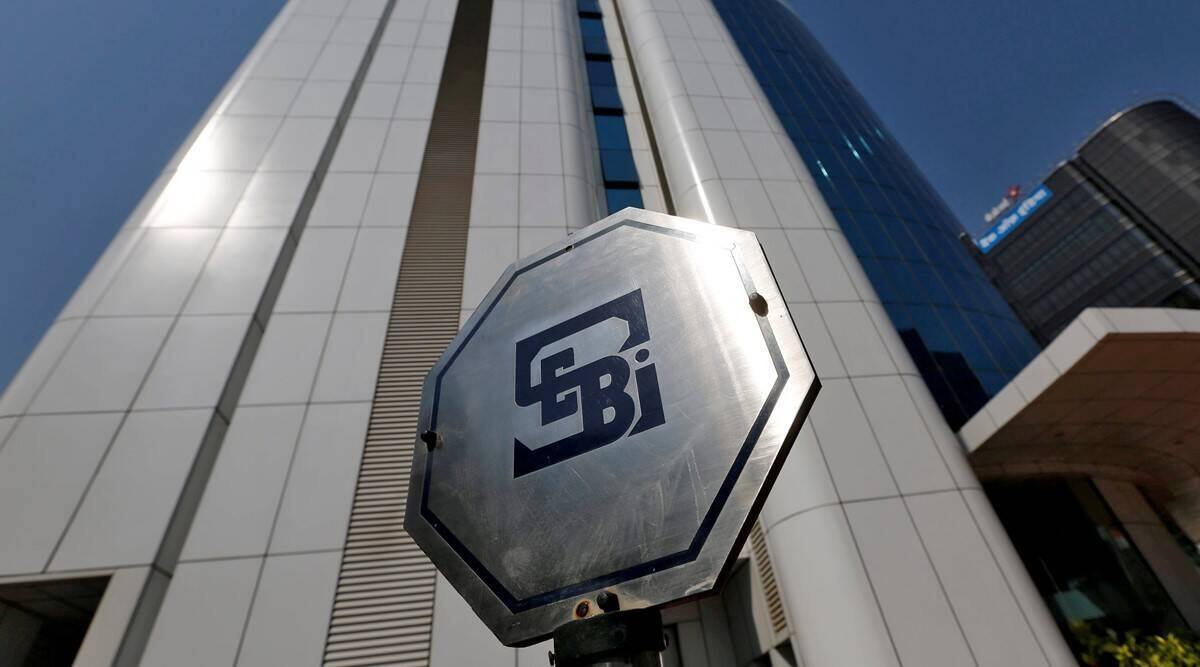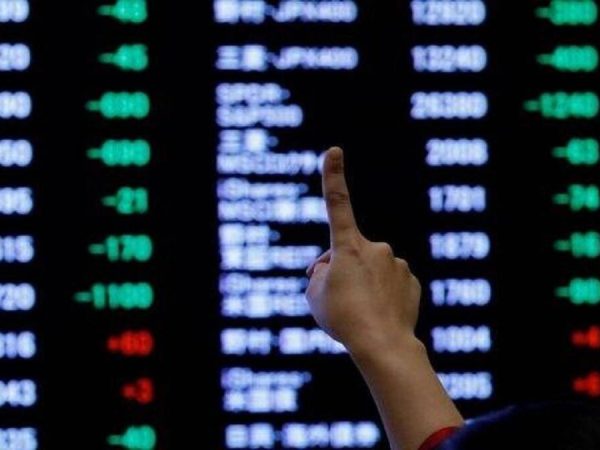Markets snap week-long losing streak
In a relief rally, Indian equities snapped their seven-day losing streak on Friday as the central bank commentary indicated that the India’s economy was on a strong footing despite global headwinds.
The Sensex ended at 57,427, up 1,017 points or 1.8%, while the Nifty 50 settled at 17,094, up 1.6%, gaining the most in a month.
The indices, however, extended losses over the week, logging the third consecutive week of declines.
FPIs have turned net sellers in September, after two consecutive months of buying in July and August. The investors have sold shares worth $0.9 billion in the month, taking the year-to-date sales to $22.3 billion, data shows.
Also Read: SC to hear Sebi’s review plea against RIL in open court on Oct 12
“What lifted the market sentiment was the RBI’s policy rate hike of 50 bps that came in as expected and its comment that India’s economy remains on strong footing despite global headwinds. The relief rally was backed by investors’ preference for growth-driving stocks from banking, automobile, realty & metal space. However, global macro factors will continue to dictate the domestic market sentiment going ahead as any fresh spell of negative news could once again trigger the downward spiral,” said Amol Athawale, deputy vice-president – Technical Research, Kotak Securities.
The RBI raised the repo rate by 50 basis points on Friday in line with market expectations.
“The RBI indicated more rate hikes are in store. Another 25-35 bps is likely in this remaining part of CY22 and will depend on the Fed outcome and evolving global situation. The comforting thing from this MPC meeting is no change in the inflation target of 6.7% (FY23) and a minor tweak in the growth rate from 7.2% to 7% for FY23,” said Aishvarya Dadheech, fund manager, Ambit Asset Management.
Shares in the Asia-Pacific ended mixed on Friday, with the Nikkei 225 sliding the most at 1.8%, following another sell-off on Wall Street overnight. European stocks were trading higher on Friday as government bond yields pulled back from recent peaks, but higher-than-expected inflation continued to weigh on markets.
The UK economy grew in the second quarter, with GDP rising 0.2%, a surprise improvement on the previous estimate of a fall of 0.1%. Euro zone inflation hit a new record high of 10% in September, up from 9.1% in August and above consensus projections of 9.7%.
“Recession talk will invite hopes of a Fed pivot at a time when the American central bank is still in the process of trying to regain its inflation fighting credibility. Still, it will take time for the labour market to weaken, which is why the best hope of a quicker-than-expected Fed change of language is a major financial accident in terms of bodies surfacing, and the risk of that is rising by the day,” said Christopher Wood, global head of equity strategy at Jefferies.
“Nifty formed an engulfing bull pattern on daily charts while forming a bullish hammer pattern on weekly charts despite a 1.35% weekly fall. This could portend an upside bounce in the coming week with 17,292 and 17,540 being the upside targets,” said Deepak Jasani, head of retail research at HDFC Securities.


Recent Comments